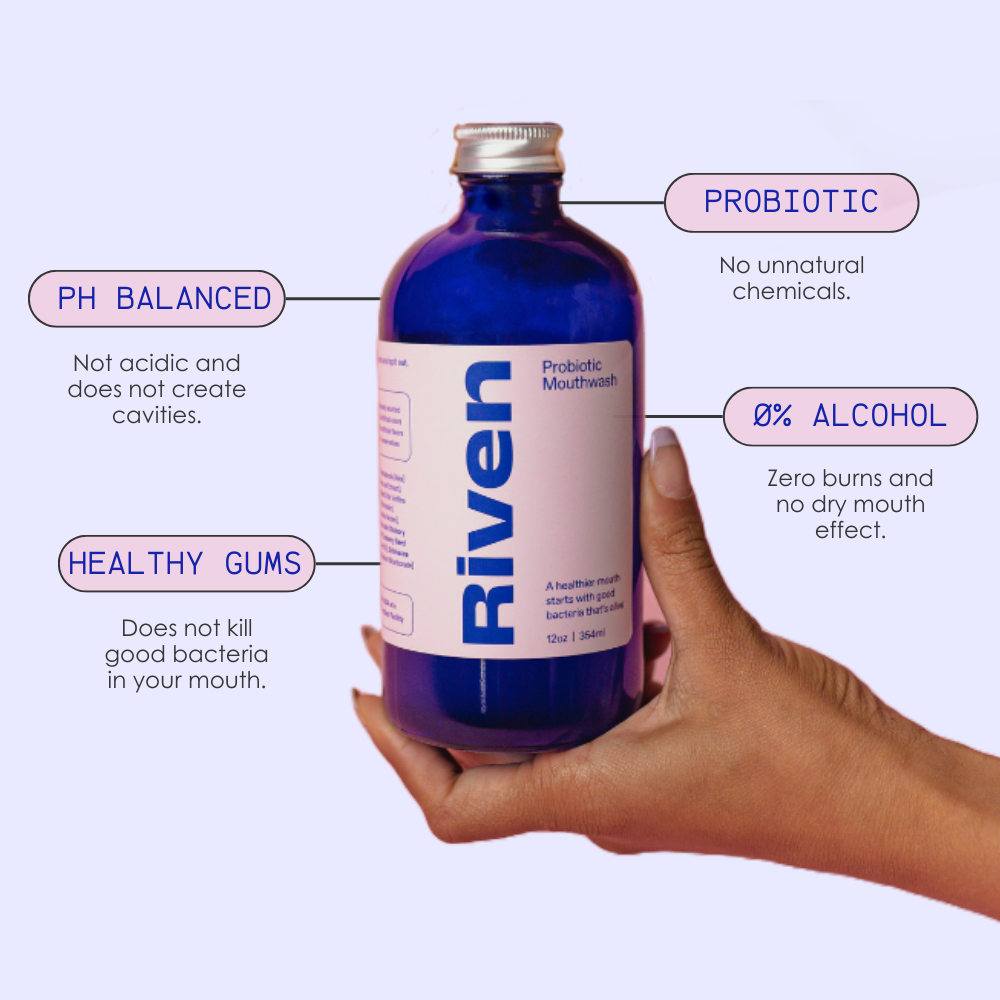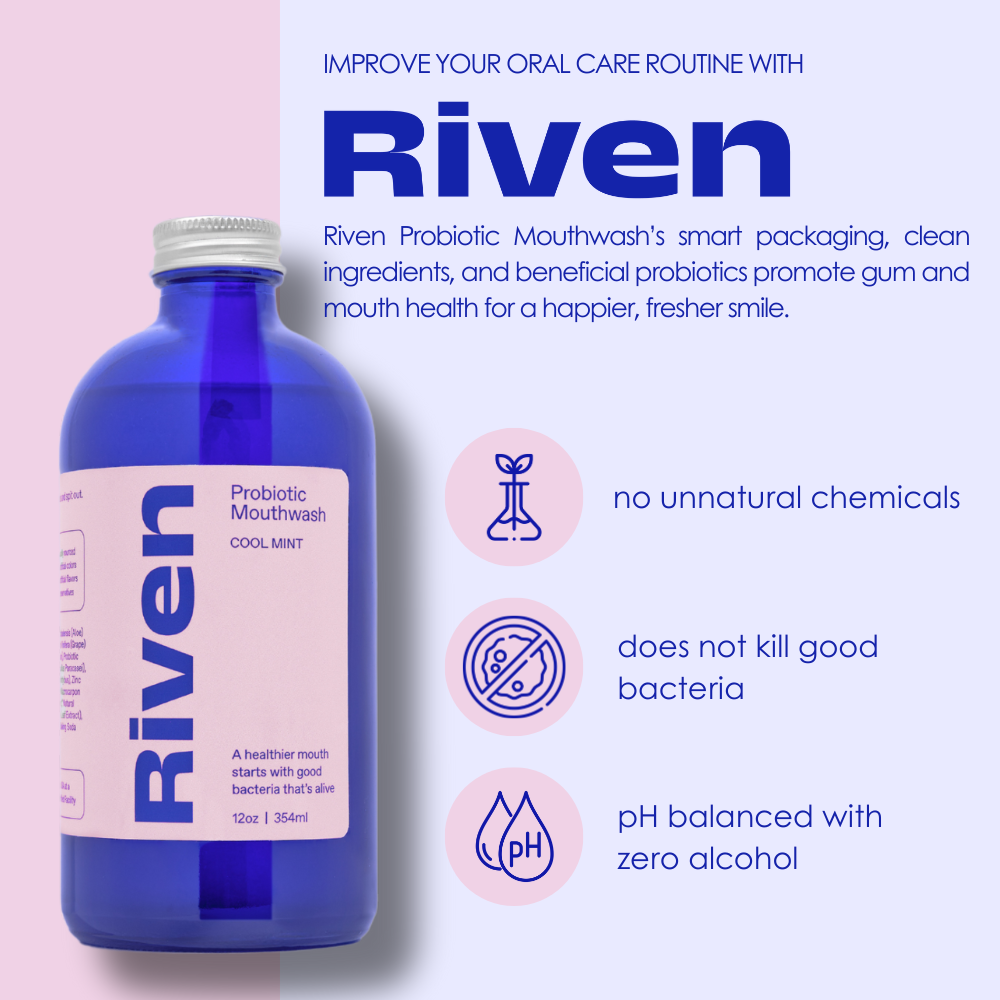Celiac disease not only affects the gut microbiome but also has a significant impact on the oral microbiome. This article explores these effects, discusses the best tests for celiac disease and gluten sensitivity, and offers guidance on treatment and maintaining oral health.
The Oral Microbiome in Celiac Disease
Celiac disease leads to gut dysbiosis, an imbalance in the gut's bacterial composition. This condition is characterized by lower levels of beneficial bacteria and higher levels of harmful bacteria. Interestingly, individuals with celiac disease also exhibit distinct differences in their oral microbiome, with elevated levels of lactobacilli.
In adults with celiac disease, the oral microbiome may show lower diversity, increased Neisseria species, and Proteobacteria. In children, lower levels of Streptococcus mutans and lactobacilli colonies are common, often accompanied by teeth enamel defects and mouth sores. Even after adopting a gluten-free diet, children's oral microbiomes may not fully recover.
Some oral bacteria, like Rothia species, can break down gluten, suggesting a link between oral bacteria and celiac disease's immune response. This raises the possibility of using oral bacteria as a therapy for mouth symptoms in celiac disease.
Best Tests for Celiac Disease and Gluten Sensitivity
Diagnosing celiac disease and gluten sensitivity involves specific tests. The primary blood test measures immunoglobulin A (IgA), IgA anti-gliadin antibody, and IgA tissue transglutaminase antibody levels. A small intestinal tissue biopsy is usually performed to confirm celiac disease.
Genetic blood tests for HLA-DQ2 and HLA-DQ8 can indicate your risk of developing celiac disease. An elimination and challenge test, where you remove gluten from your diet and reintroduce it, can also help diagnose gluten sensitivity.
Treatment for Celiac Mouth Symptoms
Adopting a strict gluten-free diet is the most effective treatment for celiac disease. This dietary change can reduce inflammation and prevent autoimmune responses. Dental hygiene products should also be gluten-free, and informing your dentist about your sensitivity is advisable.
Balancing the Oral Microbiome
Maintaining a balanced oral microbiome is essential. Consider using dental probiotics and prebiotics to support a healthy oral microbiome, potentially alleviating oral and immune system symptoms associated with celiac disease.
Healing the Mouth Lining
Supplements like L-glutamine, aloe vera juice, slippery elm, and zinc carnosine can aid in oral tissue repair and reduce discomfort.
Don't Overlook Mouth Symptoms
Mouth sores, teeth enamel problems, and tongue issues can be signs of celiac disease or gluten sensitivity. Early detection is crucial for prompt treatment and reducing long-term complications, especially in children who may exhibit enamel defects as the only sign of "silent" celiac disease. If you or your child experiences persistent unexplained oral health issues, consider a gluten-free elimination diet.
In summary, celiac disease's effects extend to the oral microbiome, impacting oral health. Recognizing these effects, undergoing appropriate tests, and adopting a gluten-free diet are crucial steps in managing celiac disease and maintaining good oral health.





